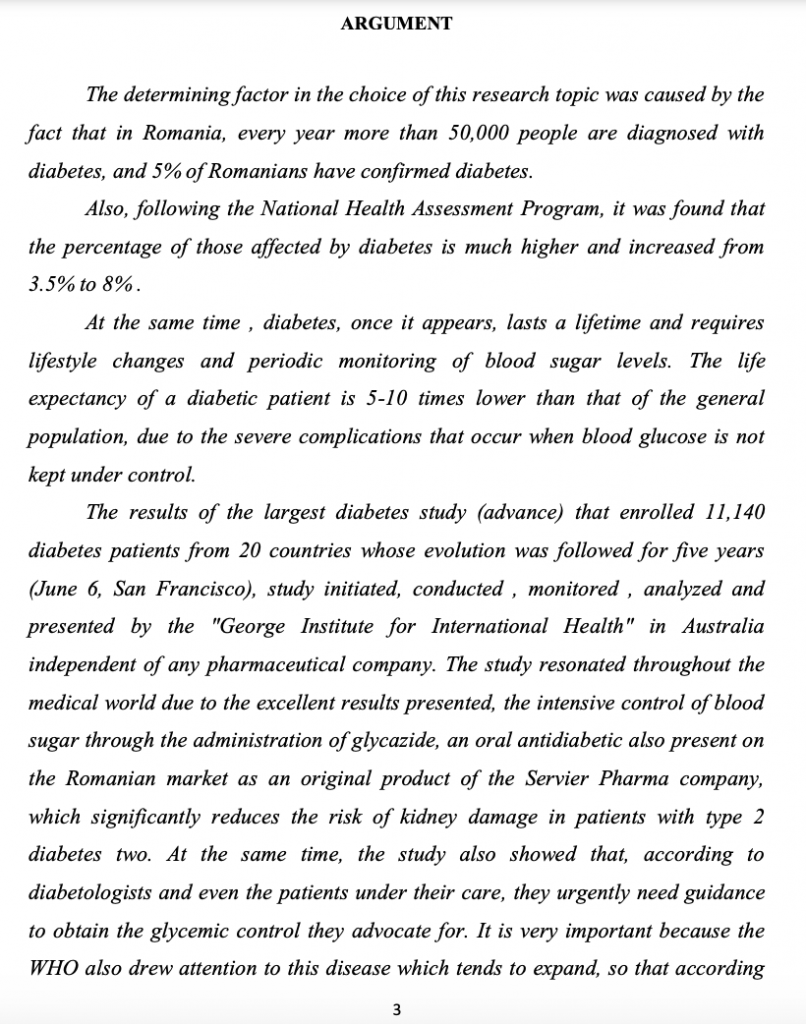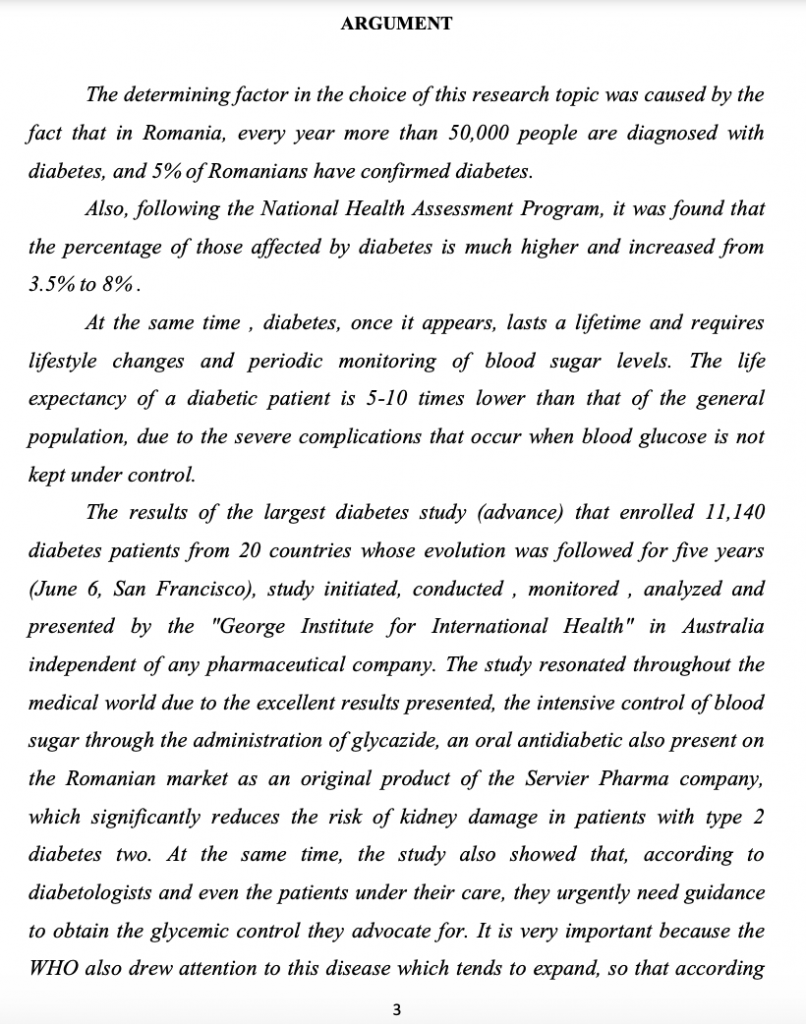Psychological Aspects of Diabetes
Summary:
The extensive document outlines a comprehensive study of diabetes, delving deep into its various forms, symptoms, causes, and acute and chronic complications. The paper begins by defining Diabetes Mellitus, breaking down its subcategories like secondary and gestational diabetes and related conditions like prediabetes and metabolic syndrome. It then addresses the specific symptoms and treatments for insulin-dependent and non-insulin-dependent diabetes.
Acute complications like hyperglycemia and hypoglycemia, diabetic ketoacidosis, and hyperosmolar coma are discussed in detail, alongside chronic issues affecting the eyes, kidneys, and nervous system. The paper also explores the relationship between diabetes and cardiovascular diseases, including arterial hypertension. Interestingly, it touches upon less commonly discussed topics like liver damage and erectile dysfunction in diabetes.
The treatment section offers insights into the medication and dietary guidelines for diabetic patients, emphasizing the importance of nutritional planning. It also includes a unique segment on the occurrence of Type II Diabetes in children, offering general information, risk factors, and treatment options. Psychological aspects, such as aggression and human behaviour, are examined with conceptual clarifications and various theories on aggression. Additional sections cover mental health conditions commonly associated with diabetes, specifically depression and anxiety, outlining their definitions, theories, and types.
The methodology is laid out straightforwardly, highlighting objectives, assumptions, sampling techniques, and data analysis tools used. The paper concludes with an analysis and interpretation of qualitative research results, followed by limitations and possible study applications.
Excerpt:
Psychological Aspects of Diabetes
ARGUMENT
The determining factor in the choice of this research topic was caused by the fact that in Romania, every year, more than 50,000 people are diagnosed with diabetes, and 5% of Romanians have confirmed diabetes.
Also, following the National Health Assessment Program, it was found that the percentage of those affected by diabetes is much higher and increased from 3.5% to 8%.
At the same time, diabetes, once it appears, lasts a lifetime and requires lifestyle changes and periodic monitoring of blood sugar levels. The life expectancy of a diabetic patient is 5-10 times lower than that of the general population, due to the severe complications that occur when blood glucose is not controlled.



Reviews